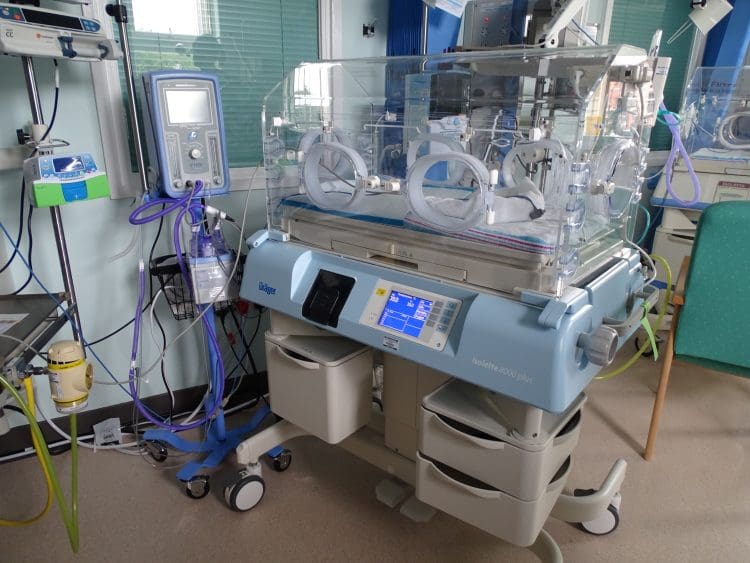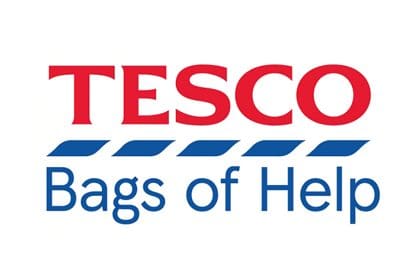Warrington & Halton NHS Trust Midwifery Led Unit / Active Birth Centre opened in 2013. It consists of 3 ‘low risk’ rooms and 2 fixed birthing pools and is currently accessed via the labour ward triage. The plan is to upgrade the MLU into a standalone unit to treat childbirth as a normal experience with minimal medical intervention. This offers an improved choice for low risk women and increases the chances of a normal birth with improved outcomes for mother and baby.
Low risk births are less likely to result in the need for resuscitation but this is unpredictable and therefore the Midwifery team have requested a Cot Side Resuscitaire for the unit. This Resuscitaire would be easily transportable between the three rooms and allow delayed cord clamping which improves blood reserves and ensures the infant still receives oxygen.
A Mobile Telemetry Unit allows a baby’s heart rate to be monitored remotely during birth allowing more mobility during labour than wired units. It can also be used in the birthing pool giving higher risk women access to this positive experience and a better outcome.









